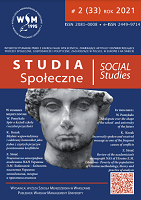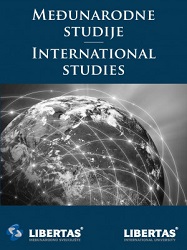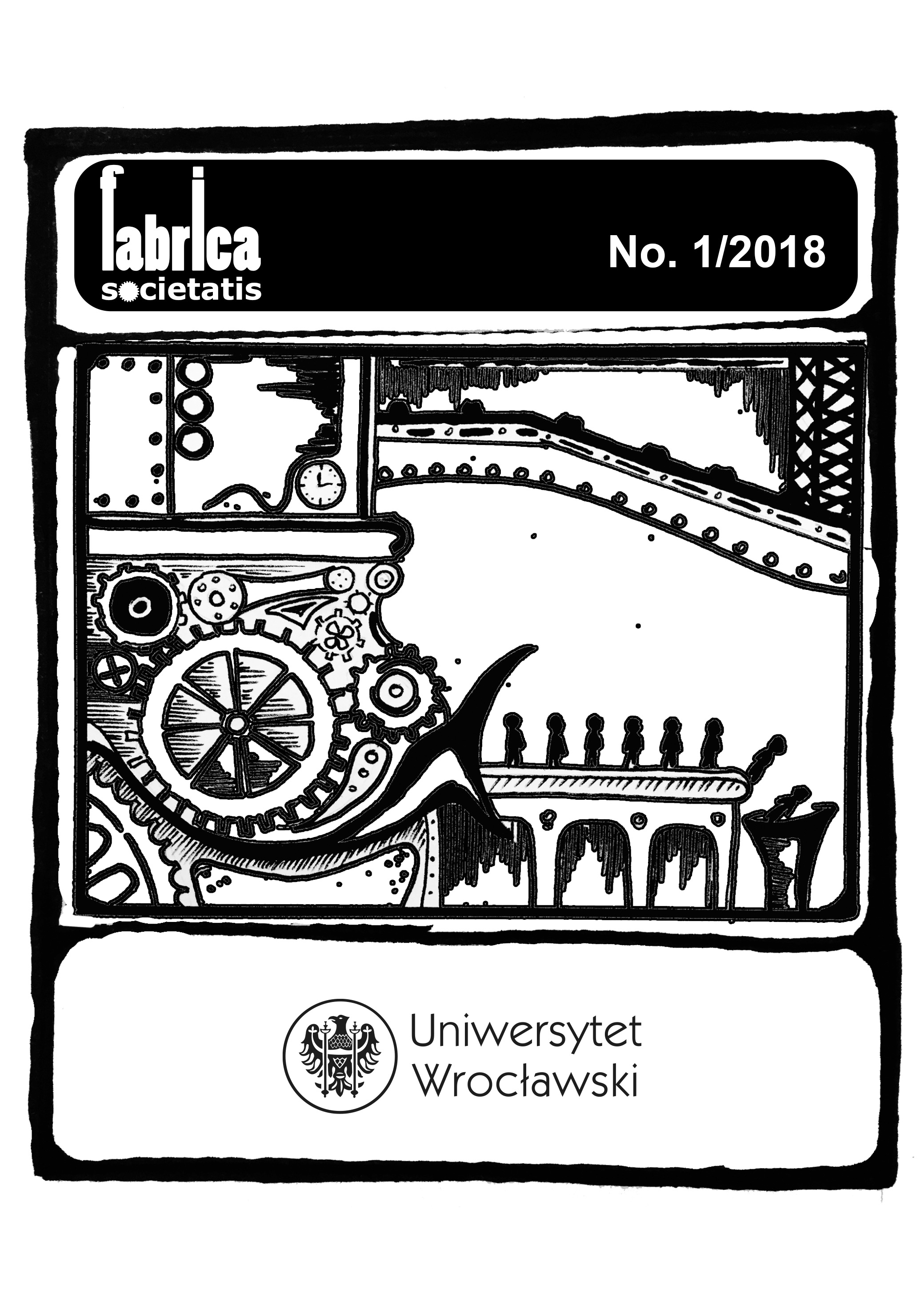
DIRECTIONS AND TRENDS FOR THE ADJUSTMENT OF FISCAL- BUDGET SYSTEMS IN THE EUROPEAN UNION AS A RESULT OF THE COVID 19 CRISIS
DIRECTIONS AND TRENDS FOR THE ADJUSTMENT OF FISCAL- BUDGET SYSTEMS IN THE EUROPEAN UNION AS A RESULT OF THE COVID 19 CRISIS
Keywords: tax revenues; taxation; economic growth; inequality; fiscal trends;
The aim of the paper is to analyze the trends of reconfiguration of post-COVID-19 tax policies, at a global level, in order to increase the revenues of the states, the impact of the crisis being felt more strongly, and the countries being in a position to identify sources / bases of taxation through which to ensure the resources necessary for the restoration, but also for the short and medium term support of its economic, social and equity objectives/functions. We thus take into consideration the tax revenues recorded in the EU in 2020, the main challenges of tax policy in the current economic context, as well as ways of adapting/orienting it to achieve the established economic objectives. In our approach, we used a descriptive methodology, by calling on various bibliographic sources and statistical data belonging to specialized institutions at the European and international level.
More...


